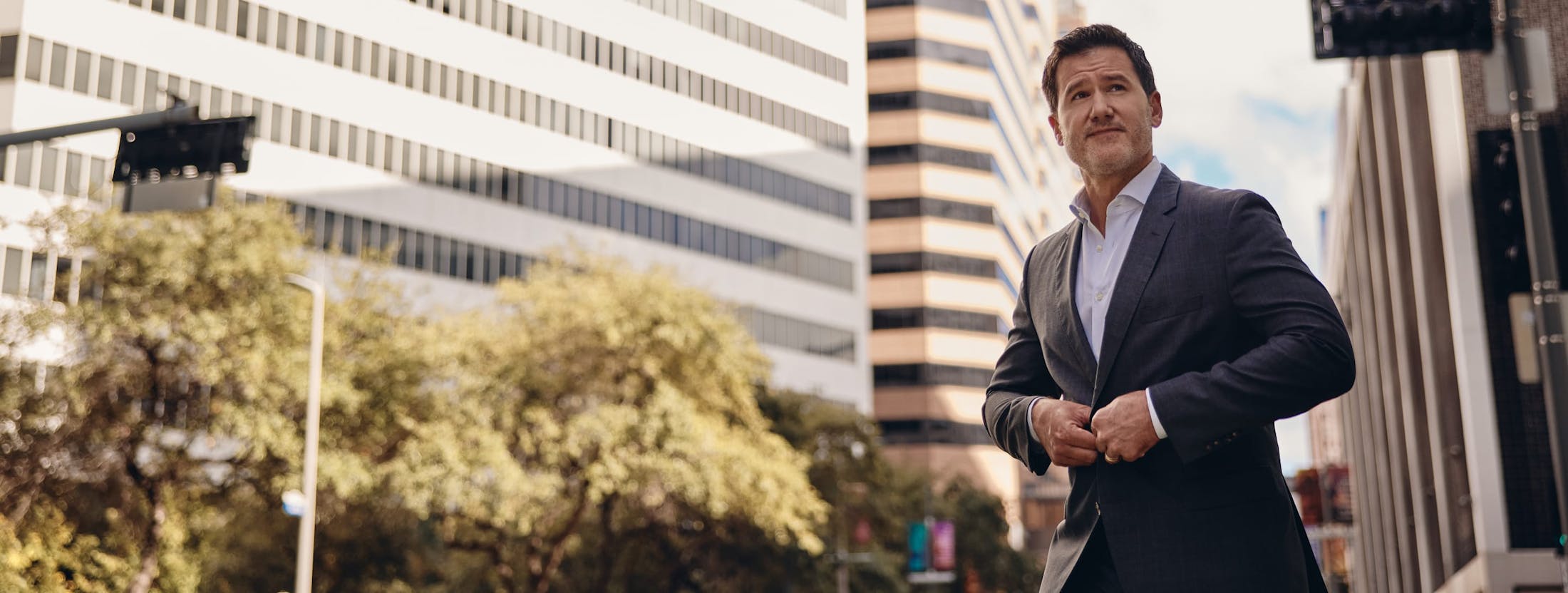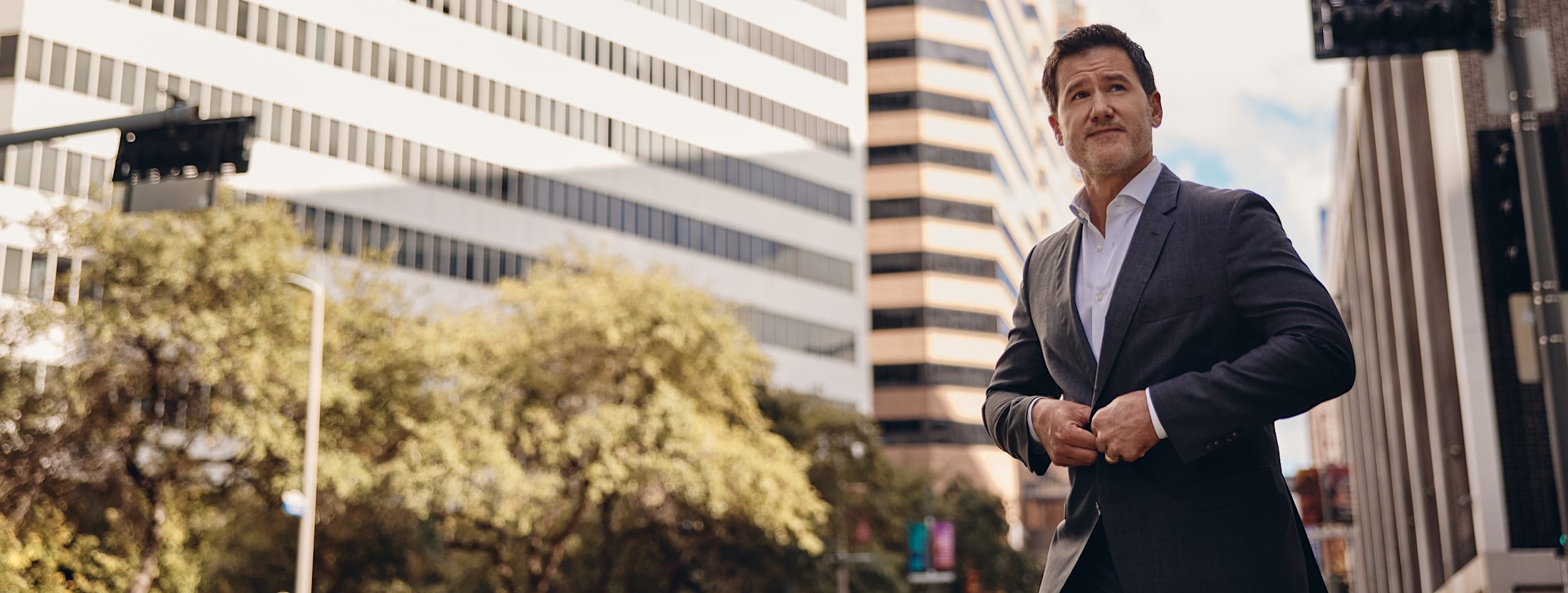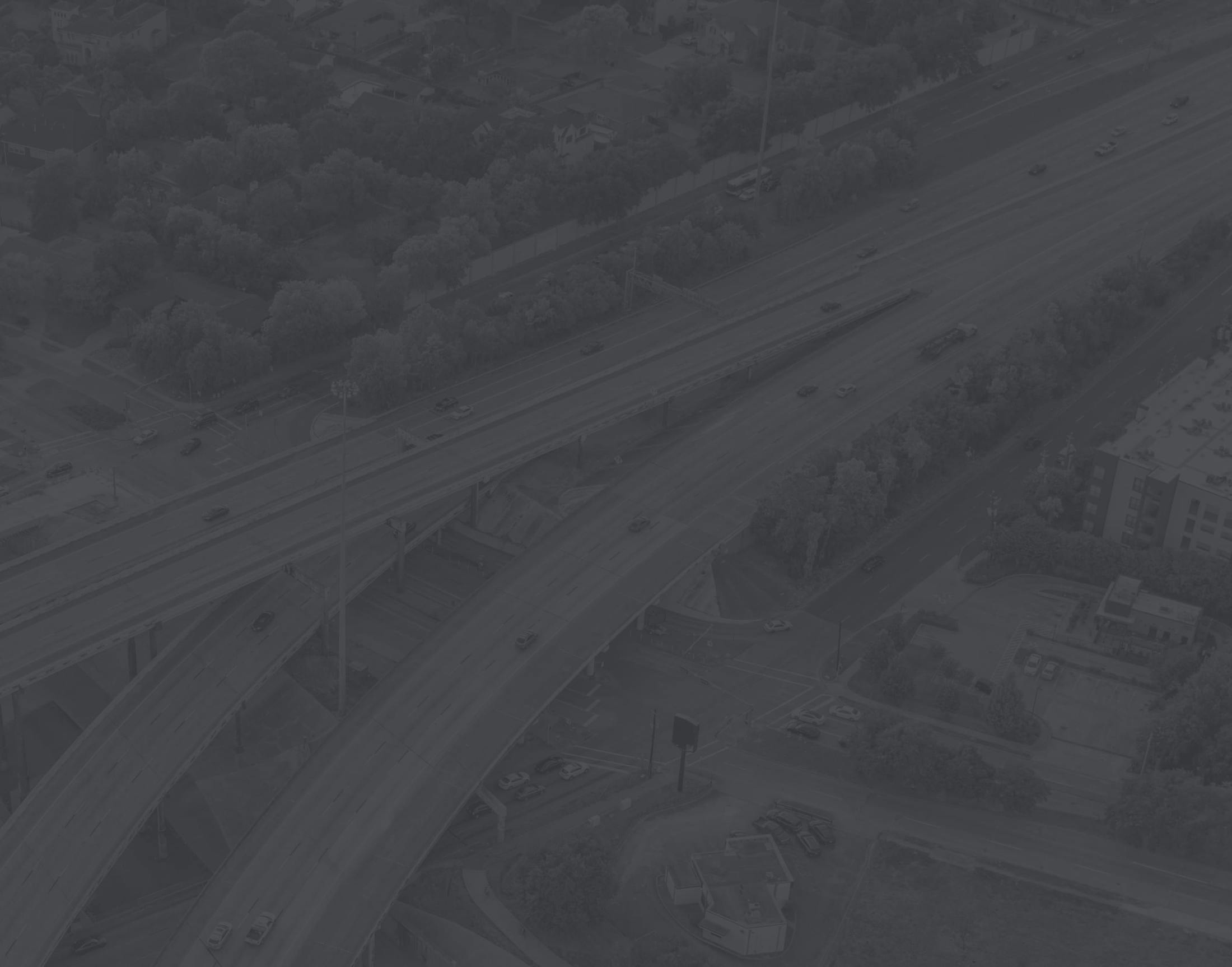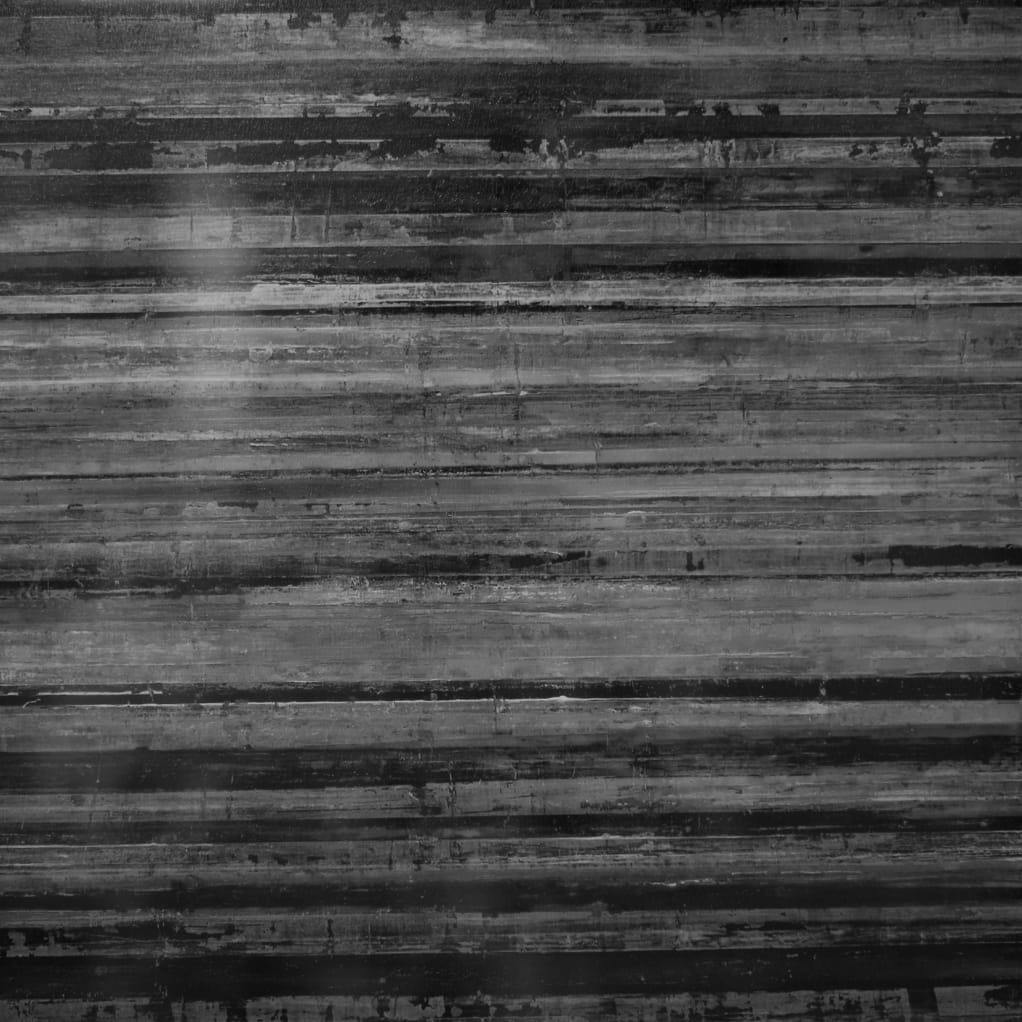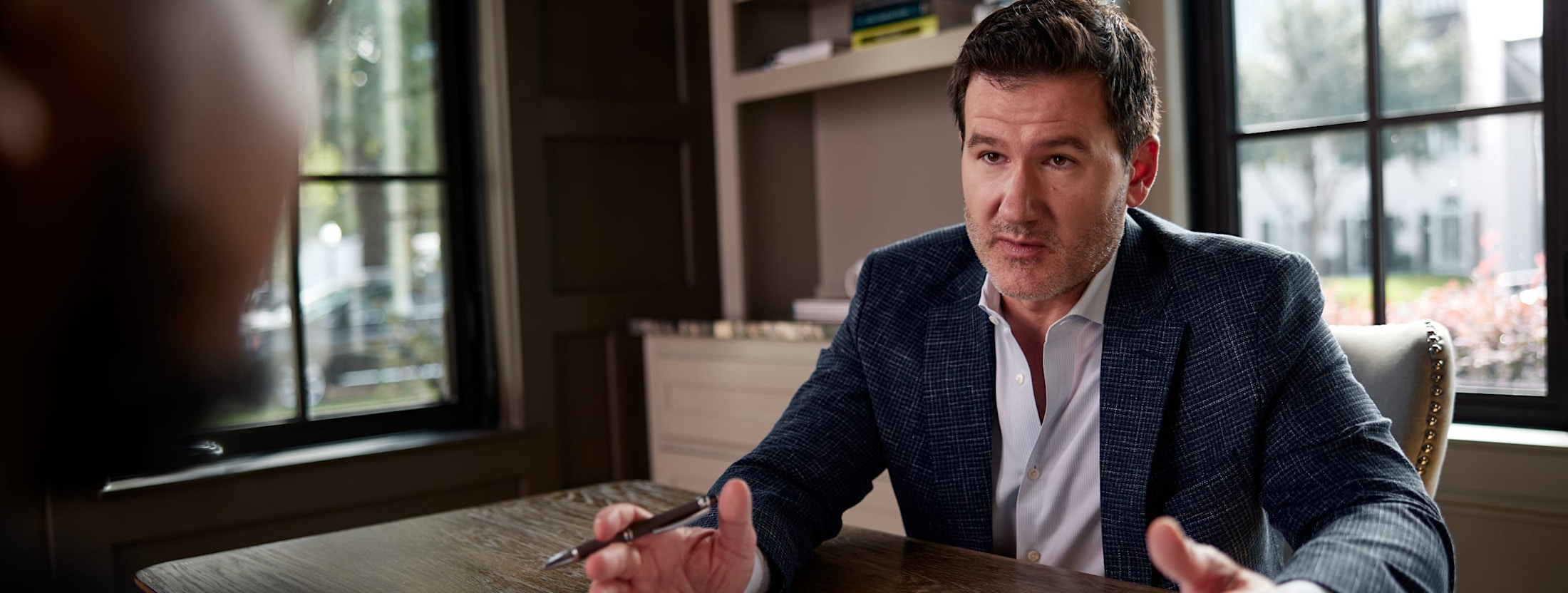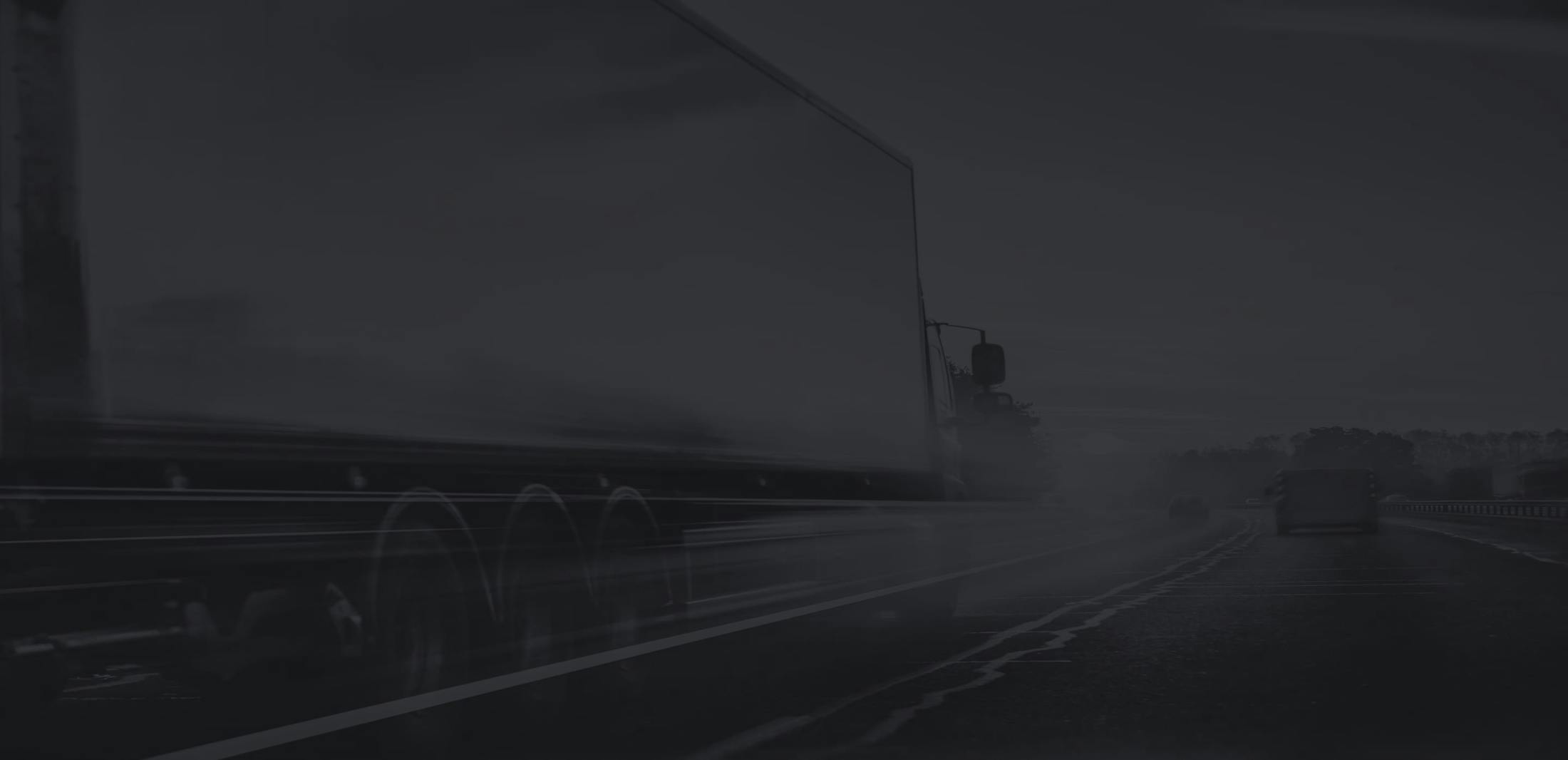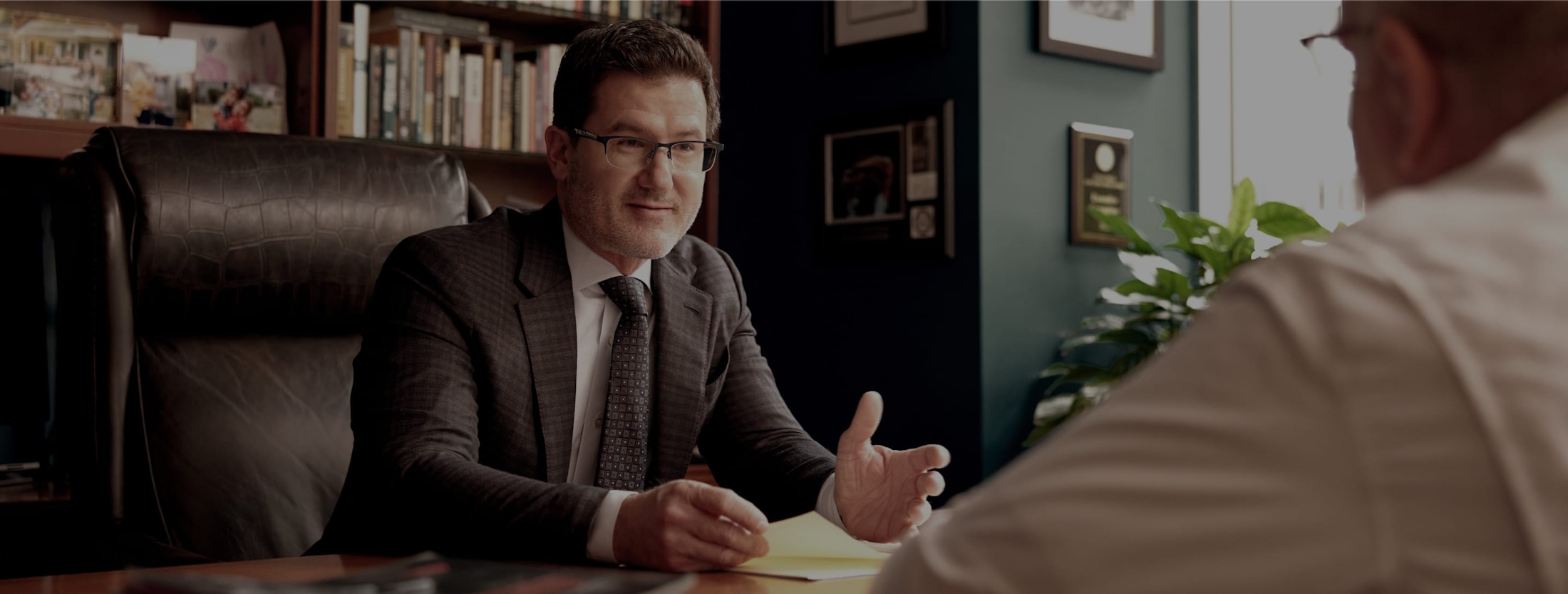Under Texas Civil Practice & Remedies Code § 33.001, Texas follows a modified comparative fault system with a 51% bar. If you're found less than 51% at fault in a motor vehicle accident—including those involving food delivery drivers—you may recover damages proportionate to the other party’s responsibility. These cases often fall under negligence law, and determining liability can be complex due to employer coverage disputes and insurance issues involving third-party apps like Uber Eats or DoorDash.
Common Types of Injuries in Food Delivery Crashes
Accidents involving food delivery drivers often happen at high speeds or in congested areas, leading to serious injuries such as:
- Traumatic brain injuries (TBIs)
- Spinal cord damage
- Internal organ trauma
- Broken bones and fractures
- Severe lacerations and scarring
- Whiplash and soft tissue injuries
- Psychological trauma, like PTSD


